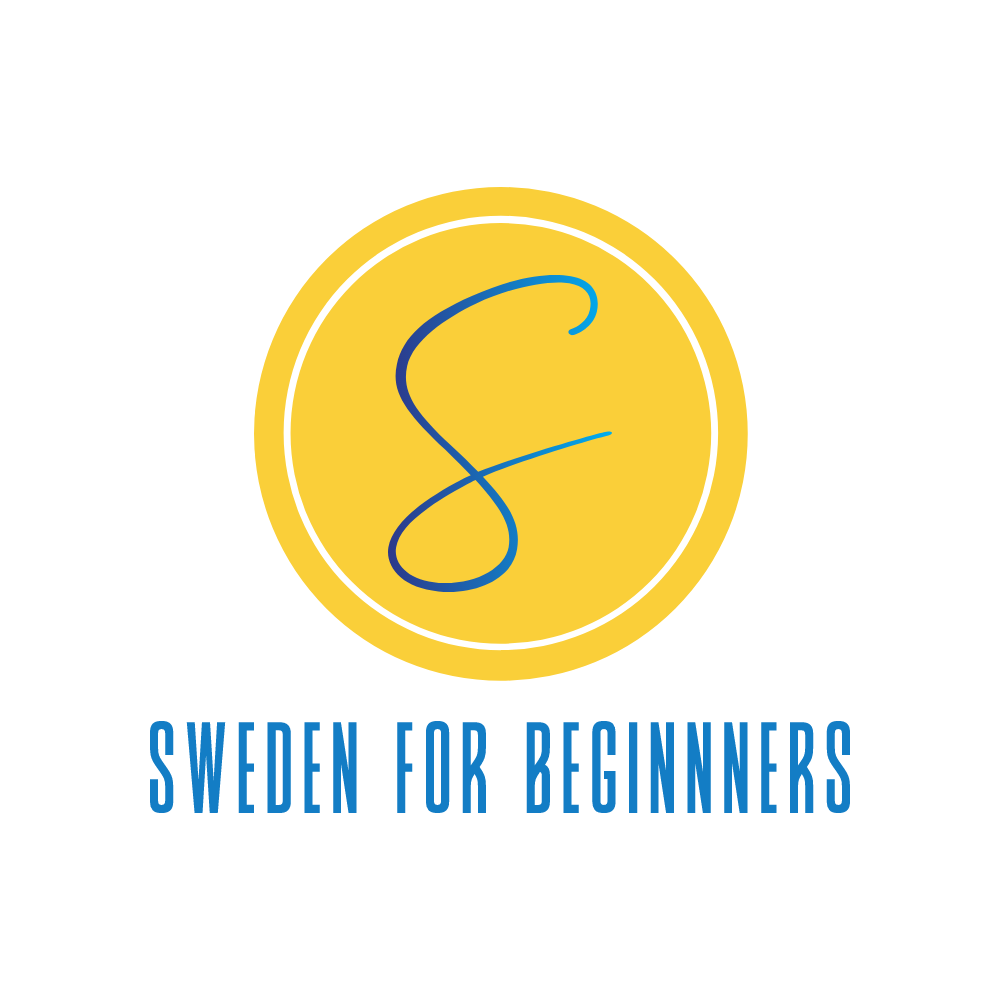Why not to brag in Sweden
Jantelagen: The Unwritten Rule That Keeps the Swedes Humble (and Maybe a Little Stifled?)

I have a competitive nature: if I'm playing a quiz or a sport, I'm playing to win.
I liked to think that this is a positive character trait: if I lose, I have no negative feelings; I simply do my best in any competition.
Of course it's important to enjoy yourself, but isn't it even more fun to win?
After my arrival in Sweden, I soon started learning Swedish. I was delighted with the concept (Swedish for academics, if you are looking for a good course) and I would often say to my Swedish partner: "I wrote the test the best!" or "I knew all Bergman's films on the quiz!"
My partner did not really share my delight. Once, tired of my self-praise, he said: Do you think it has nothing to do with the fact that everyone else is at least 20 years younger than you? (*mic drop)
I didn't understand it then, but now I do: in Sweden, people simply don't brag.
To understand why you should not brag in Scandinavia, we need to address the social norm that is almost social unwritten rule: a concept of Jantelagen, also known as the Law of Jante.
Yes, Scandinavian society is a society where bragging is a bigger faux pas than forgetting to greet the neighbour.
That's kind of the vibe with Jantelagen.
It's a set of unwritten rules, not actual laws, that emphasizes modesty, equality, and keeping your head down.
Coined by Danish-Norwegian author Aksel Sandemose in his 1933 novel "A Fugitive Crosses His Tracks," Jantelagen boils down to this: Don't think you're better than anyone else.
What does this mean in everyday life?
Well, Swedes tend to be pretty low-key. Loud talking or boasting about your achievements is a surefire way to raise eyebrows. Think "concealed carry confidence," not "look-at-me" loud. The focus is on the collective good, so while individual success is great, don't expect a parade in your honor.
Now, for everyone coming from more individualistic cultures, this can be a bit of an adjustment.
Jantelagen might feel like a constant game of downplaying your awesomeness.
But here's the thing: Jantelagen also fosters a strong sense of community and equality. Everyone's on the same playing field (think IKEA furniture – all those flat packs, no divas!).
This can be a great thing for social harmony and creating a society where everyone feels like they belong.
Jantelagen Today: Relic of the Past or Still Relevant?
Jantelagen's grip on Swedish society has loosened in recent years.
Globalization and the rise of entrepreneurship have pushed Swedes to embrace their inner showman a bit more.
But the core values of modesty and togetherness are still very much alive.
So, is Jantelagen outdated? Not necessarily.
It's a reminder that there's a fine line between healthy self-confidence and obnoxious boasting.
For those of you coming to Sweden, embrace the Jantelagen spirit – be kind, be humble, and maybe avoid the office karaoke unless you're really good.
But don't be afraid to shine either! Swedes appreciate a good talent, just maybe share the spotlight with your equally awesome colleagues.
Remember, Jantelagen is more of a cultural guideline than a rulebook.
Think of it as a way to understand the Swedish psyche and navigate social situations smoothly.
With a little understanding and a dash of your own cultural flair, you'll be fitting right in with the fika crowd in no time.
If you want to. :)



